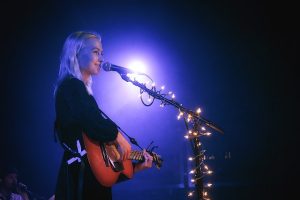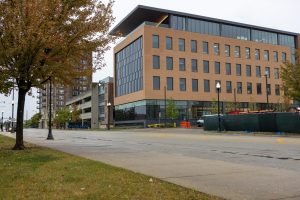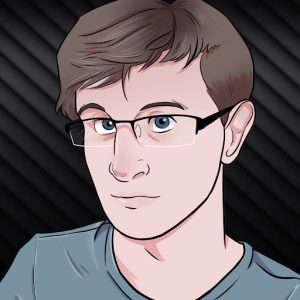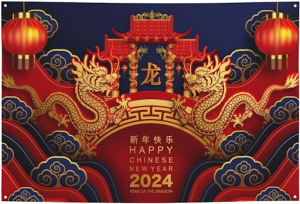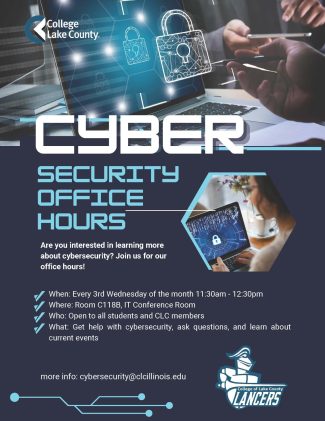CLC recognizes Native lives on Indigenous People’s Day
October 19, 2021
Indigenous People’s Day, a substitution for Columbus Day, was recognized at the College of Lake County Oct. 11. Faculty members Kara Cunny and Meriza Candia-Thompson organized a table in the B building commons providing information about this holiday to students.
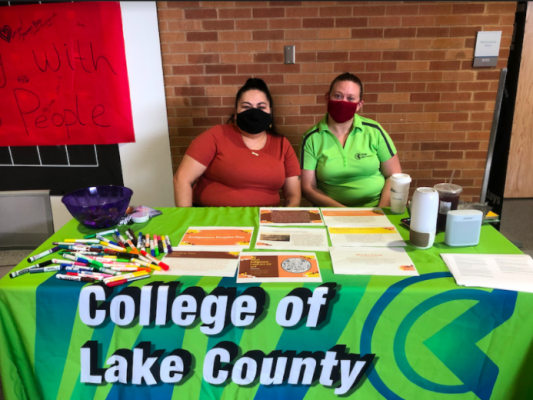
Meriza Candia-Thompson and Kara Cunny
Student Organizations and Multicultural Programs Coordinator Meriza Candia-Thompson shared the purpose behind the renaming of the holiday and why it should be celebrated.
“Indigenous People’s Day is a really recent movement to reclaim what was formerly known as Columbus Day, and the recognition that the accolades given to Christopher Columbus are kind of elaborated,” Candia-Thompson said. “Millions of people that were already occupying this land and had civilizations and had history and had lineage.”
By choosing to recognize indigenous lives instead of the actions of Christopher Columbus, it represents an attempt to begin to reconcile the detriment that Native people have been experiencing and will continue to experience.
“Indigenous People’s Day is kind of that recognition that there were and are still people that are native to this land and this space that don’t have the proper recognition for their history, their lineage, and what they’ve contributed to what we now call the United States” Candia-Thompson said.
Kara Cunny, CLC’s Military-Affiliated Student Outreach and Programs Coordinator, shared her perspective on why it is so essential to recognize indigenous lives and struggles.
“For the most part, it’s that we’re trying to learn that everybody matters,” Cunny said. “You’ve seen a lot of that separation, and we’re trying to show that everybody should be valued for who they are and what they represent and how we find unity in all of that.”
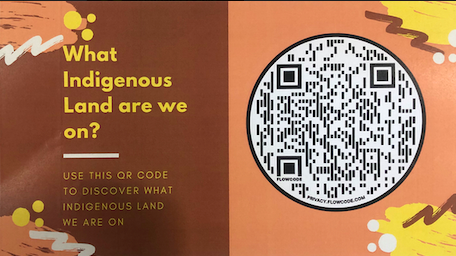
QR Code where students can search any location and find out what indigenous peoples occupied the area previously, or visit https://native-land.ca/
Cunny suggested different ways students can help make a difference.
“The number one thing is just to educate themselves and to be aware,” said Cunny. “Land acknowledgment is such a big thing – just to admit this isn’t our land. This was somebody else’s way before it.”
Candia-Thompson further elaborated on Cunny’s suggestions.
“Another thing that’s super important for CLC students is to use the privilege that we have to give space to those who don’t really have space for themselves,” said Candia-Thompson.
“We don’t have an indigenous student club on campus right now, but that doesn’t mean that they shouldn’t get recognized as a people,” she added. “It’s important for offices like ours to make sure that we at least offer the information for students and give them the ability to educate themselves but also then take what they’ve gotten here and move forward.”
Candia-Thompson concluded her thoughts with a statement about recognition and giving this power back to indigenous peoples.
“All indigenous people deserve space and deserve the ability to tell their narrative and stories and speak on their own experiences,” said Candia-Thompson. “That’s something that any of us want for ourselves and our history, and so it’s important for us to create that space for indigenous people and allow them to be able to answer the question and say what they want for their communities, their tribes, or their nations throughout the world.”

